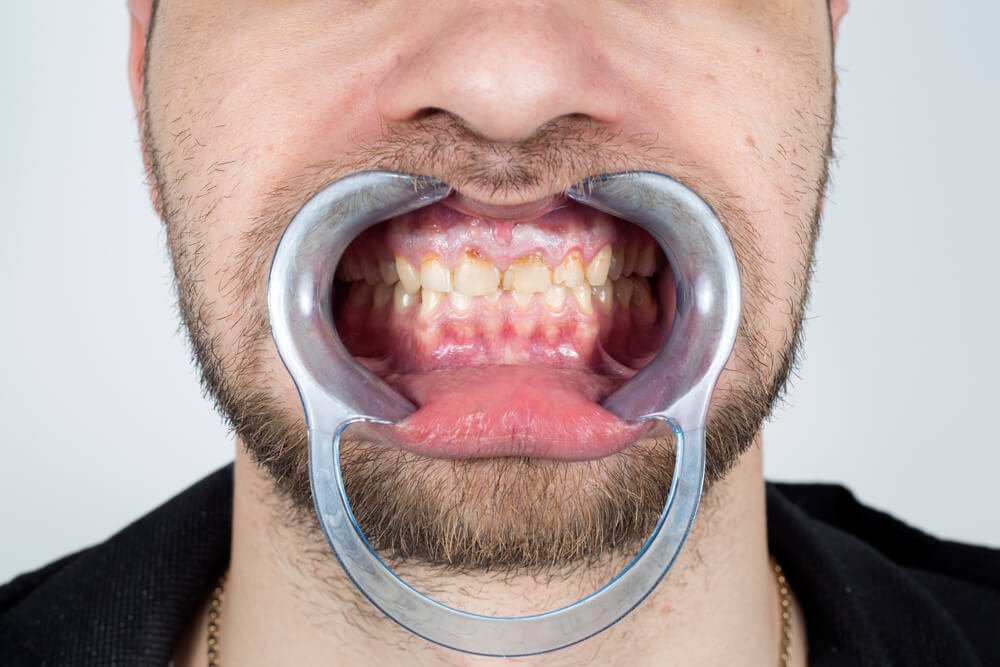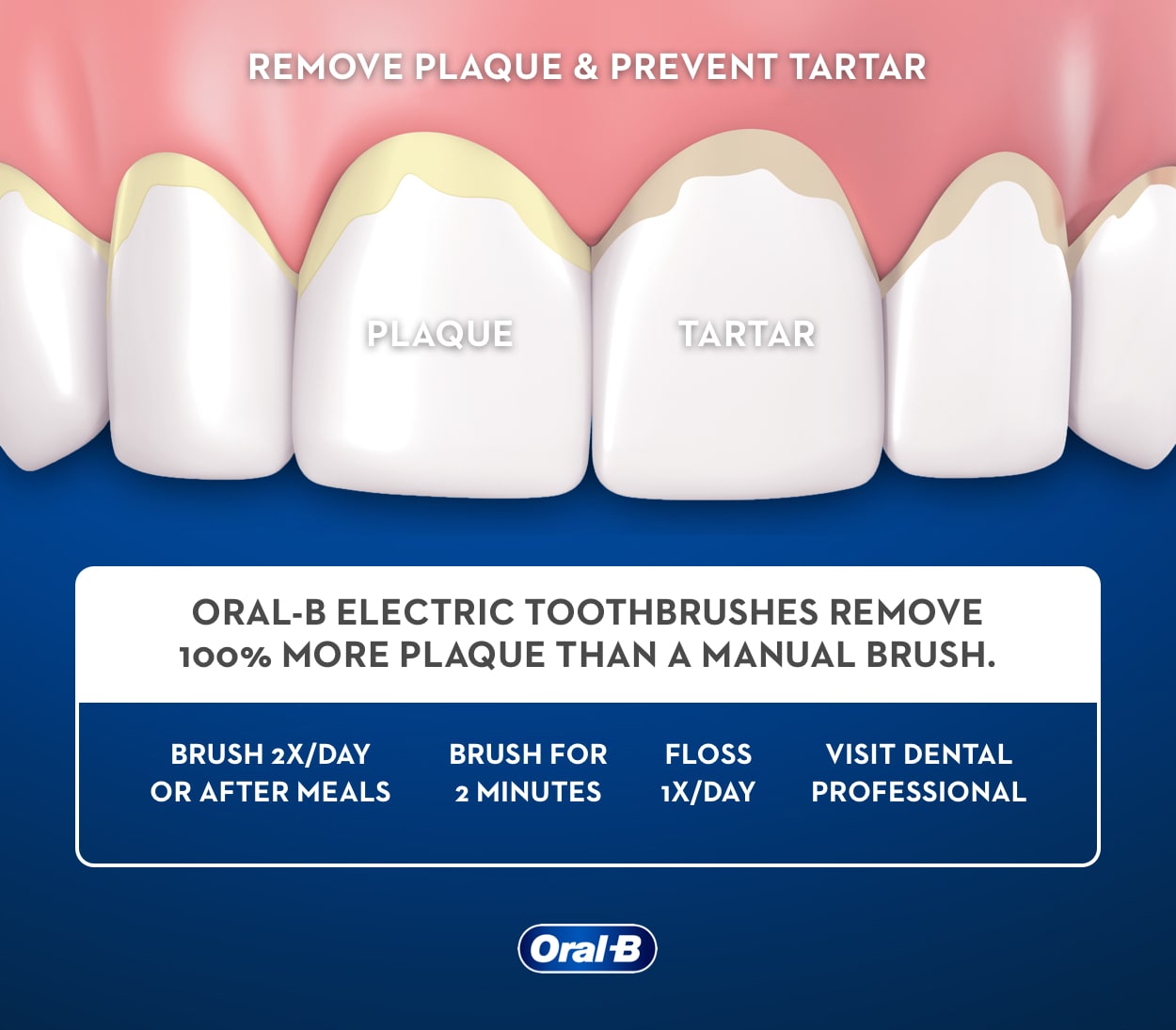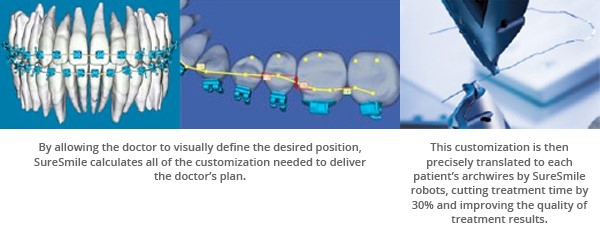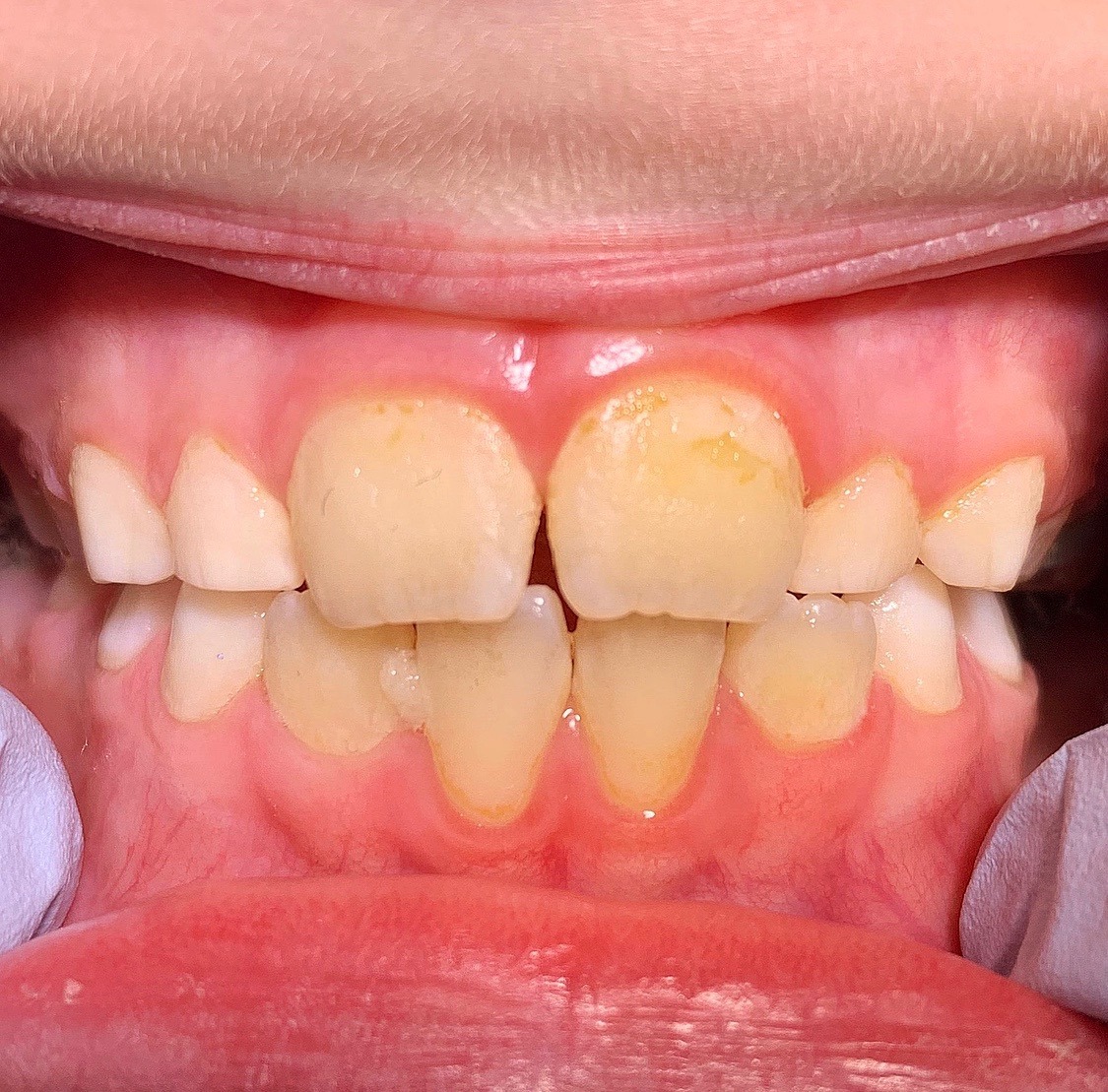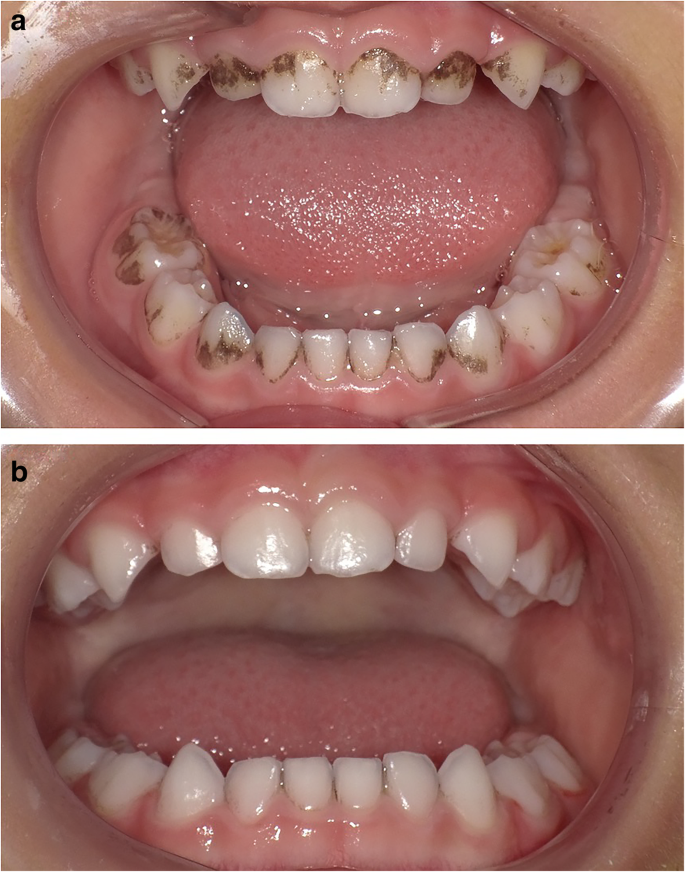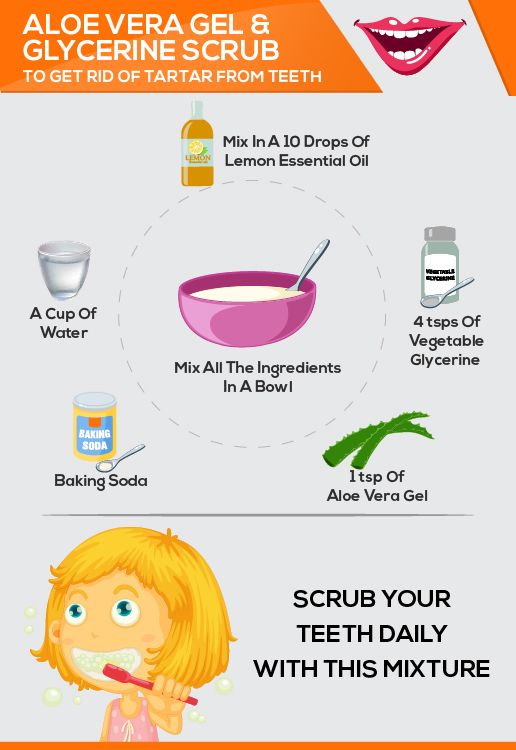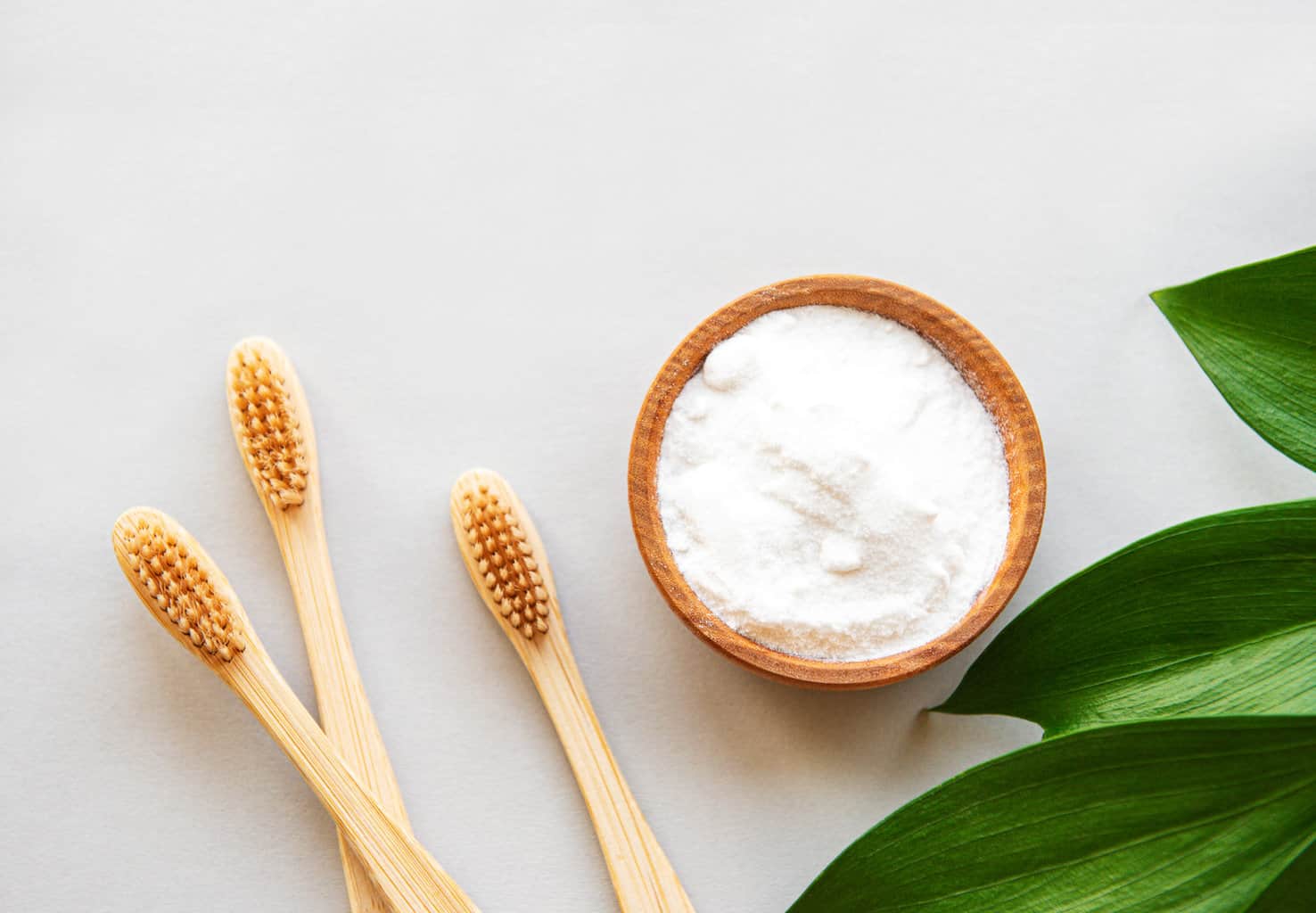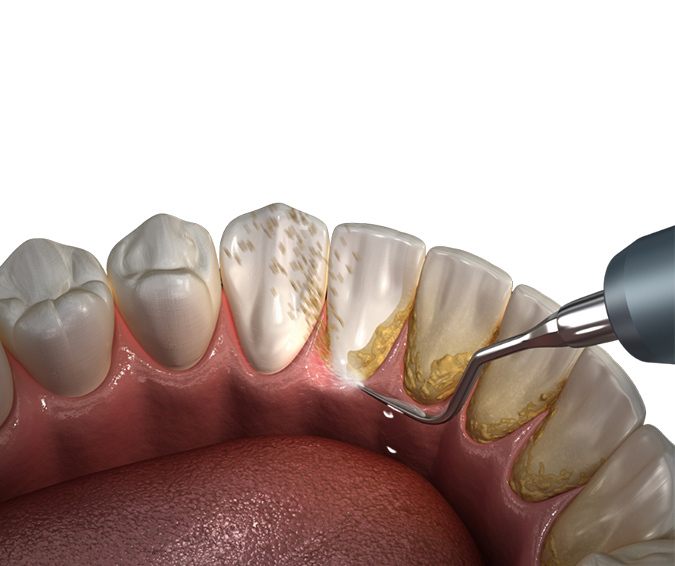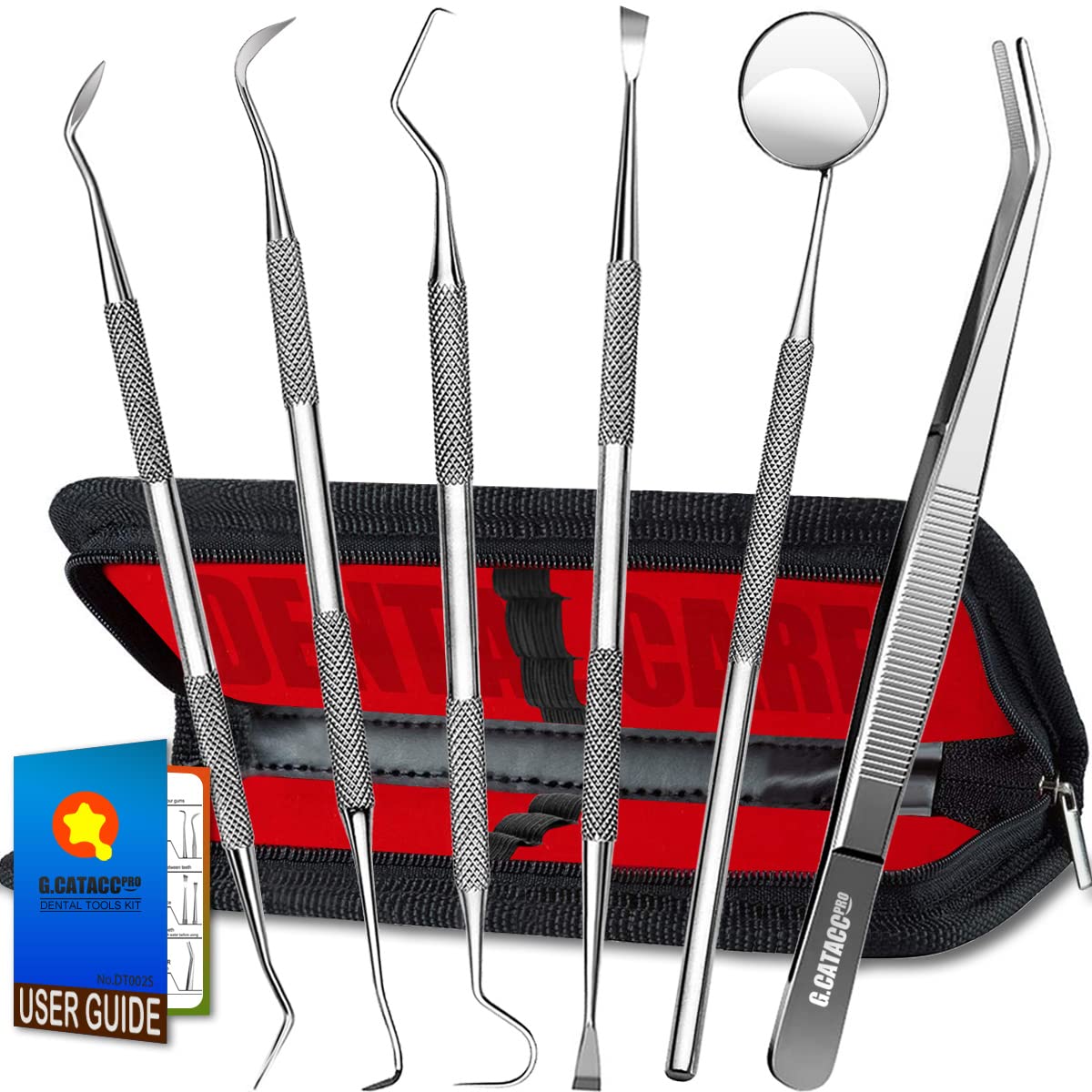Effective Ways to Prevent and Remove Dental Plaque at Home
Introduction
Dental plaque is a sticky film that forms on the teeth and contains bacteria. If left untreated, it can lead to tooth decay, gum disease, and other oral health issues. While regular dental cleanings are essential, there are also effective ways to prevent and remove dental plaque at home. By incorporating these practices into your daily oral hygiene routine, you can maintain a healthy smile and prevent future dental problems.
1. Brush Your Teeth Twice a Day
One of the most important steps in preventing and removing dental plaque is to brush your teeth thoroughly at least twice a day. Use a soft-bristled toothbrush and fluoride toothpaste to gently clean all surfaces of your teeth, including the front, back, and chewing surfaces. Make sure to brush for at least two minutes each time.
2. Floss Daily
In addition to brushing, flossing is crucial for maintaining good oral hygiene. Dental plaque can accumulate between your teeth and along the gumline, where your toothbrush may not reach. Use dental floss or interdental brushes to clean these areas daily, removing plaque and food particles.
3. Use Mouthwash
Using an antimicrobial mouthwash can help kill bacteria and reduce plaque formation. Rinse your mouth with mouthwash after brushing and flossing to reach areas that may have been missed. Look for mouthwashes that contain fluoride to strengthen your teeth and prevent cavities.
4. Maintain a Healthy Diet
What you eat can also impact the formation of dental plaque. Limit your intake of sugary and starchy foods, as these can contribute to plaque buildup. Instead, opt for a balanced diet rich in fruits, vegetables, lean proteins, and whole grains. Drinking plenty of water throughout the day can also help wash away plaque-causing bacteria.
5. Chew Sugar-Free Gum
Chewing sugar-free gum after meals can stimulate saliva production, which helps neutralize acids and wash away plaque. Look for gum that contains xylitol, a natural sweetener that has been shown to reduce plaque formation.
6. Limit Acidic Beverages
Acidic beverages like soda, sports drinks, and fruit juices can erode tooth enamel and contribute to plaque formation. Limit your consumption of these drinks, and if you do indulge, use a straw to minimize contact with your teeth. Rinse your mouth with water afterward to help neutralize the acids.
Summary
Dental plaque is a common problem that can lead to various oral health issues. However, there are several effective ways to prevent and remove dental plaque at home. These include:
- Brushing your teeth at least twice a day with a fluoride toothpaste.
- Flossing daily to remove plaque from between the teeth and along the gumline.
- Using an antimicrobial mouthwash to kill bacteria and reduce plaque formation.
- Eating a balanced diet and limiting sugary and acidic foods that contribute to plaque buildup.
- Chewing sugar-free gum to stimulate saliva production, which helps wash away plaque.
- Regularly replacing your toothbrush and using a tongue scraper to remove bacteria from the tongue.
- Scheduling regular dental check-ups and professional cleanings to remove stubborn plaque and tar Going Here tar.
By following these simple yet effective practices, you can maintain a plaque-free smile and improve your overall oral health.
- Q: What is dental plaque?
- A: Dental plaque is a sticky film of bacteria that forms on the teeth and gums.
- Q: Why is dental plaque harmful?
- A: Dental plaque can lead to tooth decay, gum disease, and bad breath if not removed regularly.
- Q: How can I prevent dental plaque?
- A: You can prevent dental plaque by brushing your teeth at least twice a day, flossing daily, and using mouthwash.
- Q: What are effective ways to remove dental plaque at home?
- A: Effective ways to remove dental plaque at home include brushing your teeth thoroughly, using dental floss or interdental brushes, and using an antimicrobial mouthwash.
- Q: How often should I brush my teeth?
- A: It is recommended to brush your teeth at least twice a day, in the morning and before bedtime.
- Q: Is flossing necessary to remove dental plaque?
- A: Yes, flossing is necessary to remove dental plaque from areas that a toothbrush cannot reach, such as between the teeth and along the gumline.
- Q: Can diet affect dental plaque?
- A: Yes, a diet high in sugary and starchy foods can contribute to the formation of dental plaque. It is important to limit the consumption of such foods and maintain a balanced diet.
- Q: Are there any natural remedies to prevent dental plaque?
- A: Some natural remedies that may help prevent dental plaque include oil pulling with coconut oil, using baking soda as a toothpaste, and rinsing with diluted apple cider vinegar. However, it is important to consult with a dentist before trying any natural remedies.

Welcome to my website! My name is Ryan Sullivan, and I am a dedicated and experienced dental assistant. With a passion for oral health and a commitment to providing exceptional patient care, I am thrilled to share my knowledge and expertise with you.

